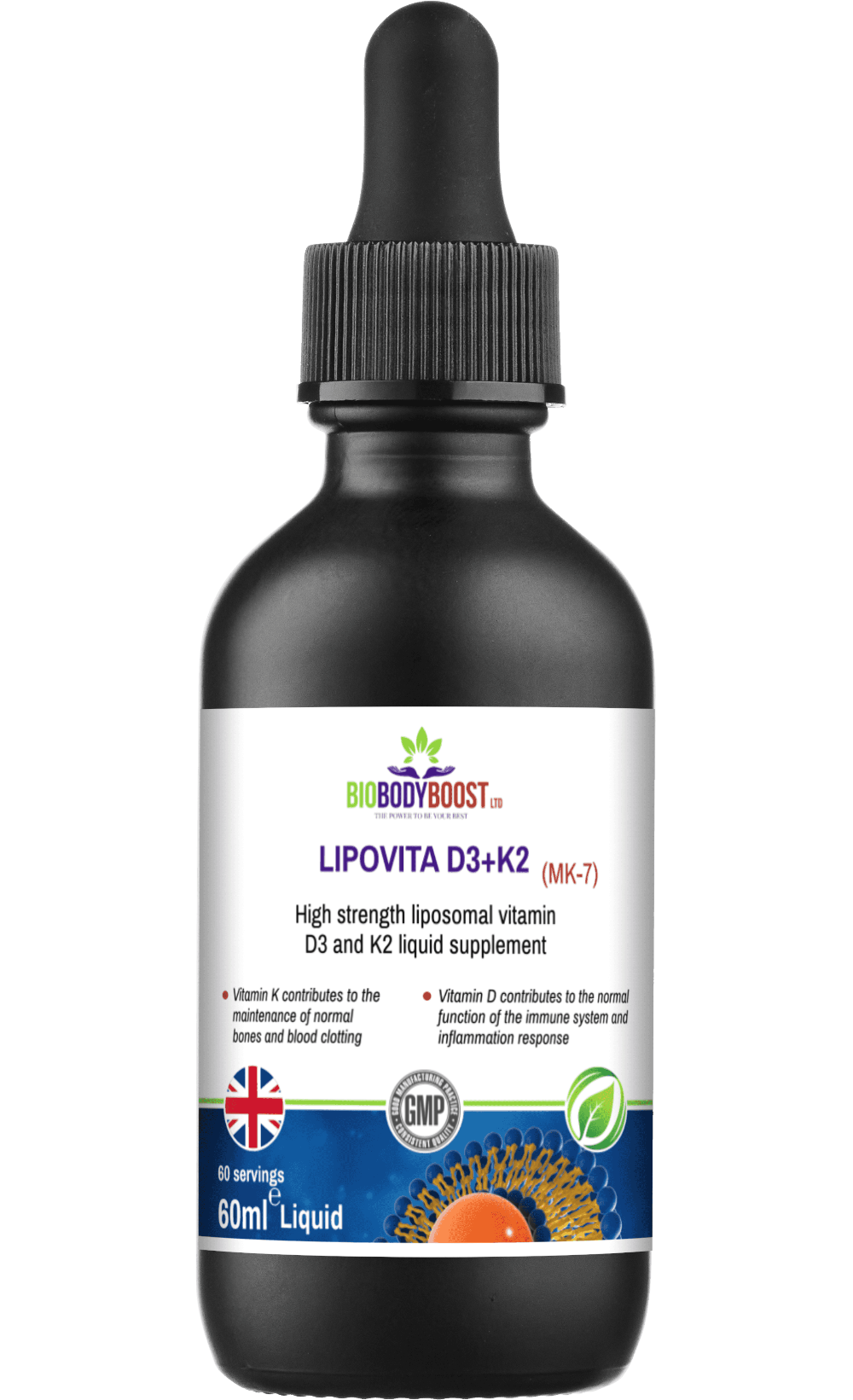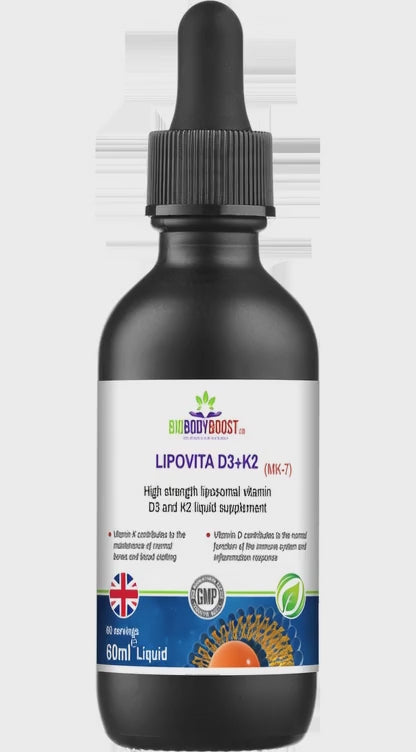In recent years, plant-based diets have gained significant attention for their numerous health benefits and their positive impact on the environment. A key component of these diets is plant-based proteins, which provide a viable alternative to animal-based proteins. This post delves deep into the science behind plant-based proteins and explores their manifold advantages.
Why Choose Plant-Based Proteins?
Plant-based proteins are derived from sources like legumes, nuts, seeds, and grains. They offer several benefits over traditional animal-based proteins:
- Sustainability: Plant-based proteins require less environmental resources, such as water and land, and they produce fewer greenhouse gas emissions.
- Health Benefits: Diets rich in plant-based proteins are linked to reduced risk factors for cardiovascular diseases, obesity, diabetes, and some cancers.
- Diverse Nutritional Profile: While they supply essential amino acids, plant proteins also bring along fibers, vitamins, and minerals absent in animal proteins.
Amino Acids: The Building Blocks of Protein
Proteins are made up of amino acids. There are 20 amino acids, nine of which are essential, meaning our body cannot produce them, and they must be obtained through diet. While animal proteins are complete (containing all essential amino acids), most plant-based proteins are incomplete. However, by combining various plant sources, one can obtain all essential amino acids. For example:
- Legumes with grains (e.g., beans and rice)
- Nuts or seeds with legumes (e.g., hummus made of chickpeas and tahini)
Pea Protein: A Powerhouse of Nutrition
One standout in the realm of plant-based proteins is pea protein. Derived from yellow split peas, pea protein is not only allergy-friendly but also packed with benefits:
- Rich in BCAAs: Branched-chain amino acids (BCAAs) like leucine, isoleucine, and valine, which are crucial for muscle repair, are abundant in pea protein.
- Digestibility: Pea protein is highly digestible, making it an excellent option for those who may have difficulty digesting certain proteins.
- Iron Content: Pea protein is a good source of non-heme iron, which is especially beneficial in vegetarian and vegan diets.
For those interested in exploring the potential of pea protein, consider trying PeaPro - High Protein Vegan Pea Protein Powder.
The Role of Fiber in Plant Proteins
Apart from being high in protein, plant-based sources like legumes and whole grains are also excellent sources of dietary fiber. Fiber has several advantages, such as:
- Gut Health: It supports a healthy microbiome by feeding beneficial bacteria in the gut.
- Reduced Risk of Chronic Diseases: High-fiber diets are linked with lower levels of heart disease, diabetes, and certain cancers.
Diverse Applications in Diet
Incorporating plant-based proteins into your diet can be both fun and rewarding. Here are a few ways to integrate them:
- Smoothies and Shakes: Adding protein powders like pea protein to your smoothies can boost the protein content effortlessly.
- Baking: Use chickpea flour or almond flour to increase protein levels in baked goods.
- Meat Alternatives: Lentils and beans can mimic the texture and protein content of ground meat in many recipes.
Addressing Common Concerns
Protein Completeness
As previously mentioned, combining different plant sources can ensure complete protein intake. It's essential to vary the protein sources to cover all nutritional bases.
Food Allergies
Plant-based proteins offer alternatives for those with specific food allergies. Pea protein, for example, is free of common allergens like dairy, soy, and gluten, making it a versatile choice.
Bioavailability
Some concern exists regarding the bioavailability of plant-based nutrients. However, methods like soaking, sprouting, and fermenting can enhance nutrient absorption in plant foods.
Conclusion
The advantages of integrating plant-based proteins into your diet extend beyond personal health benefits. They contribute to global sustainability and present ethical considerations. Being informed about different protein sources allows for better dietary decisions that align with personal health goals and broader environmental priorities.
For more insights and product options that align with your goals, visit Biobody Boost.
By understanding the science behind plant-based proteins, you can discover a world of nutritious possibilities that benefit your body and the planet. Consider beginning or expanding your plant-based journey today with products like PeaPro - High Protein Vegan Pea Protein Powder. It's never too late to start making healthier choices for yourself and the environment.








0 comments